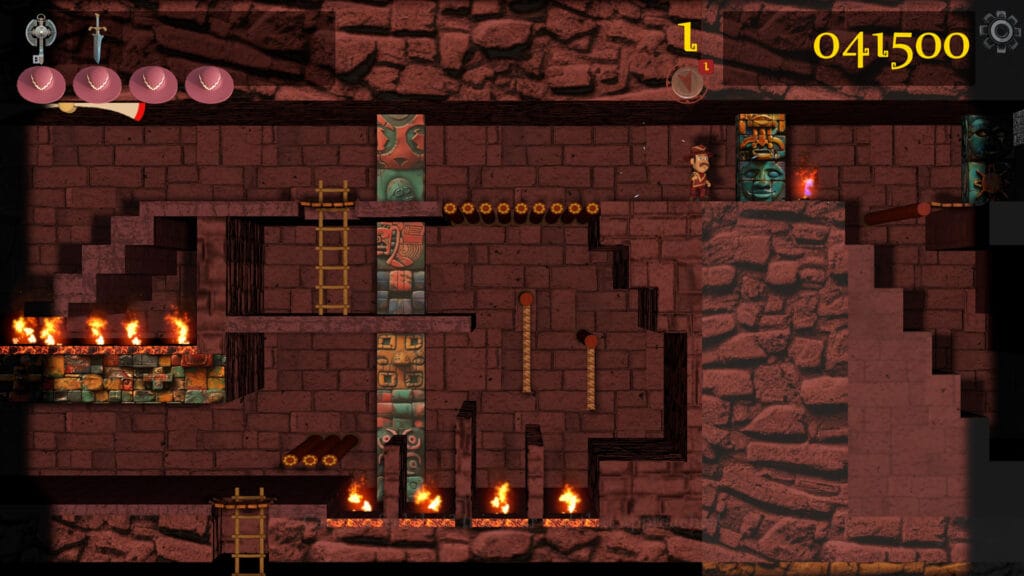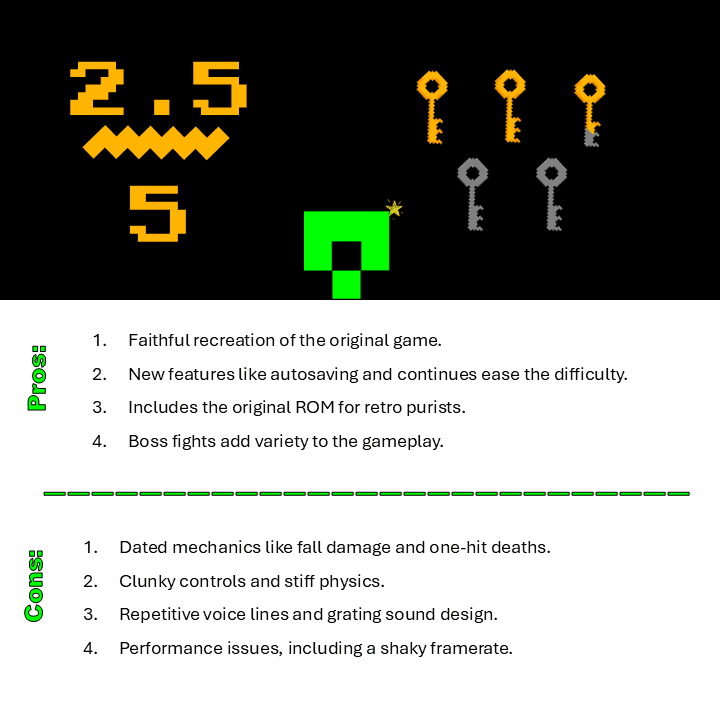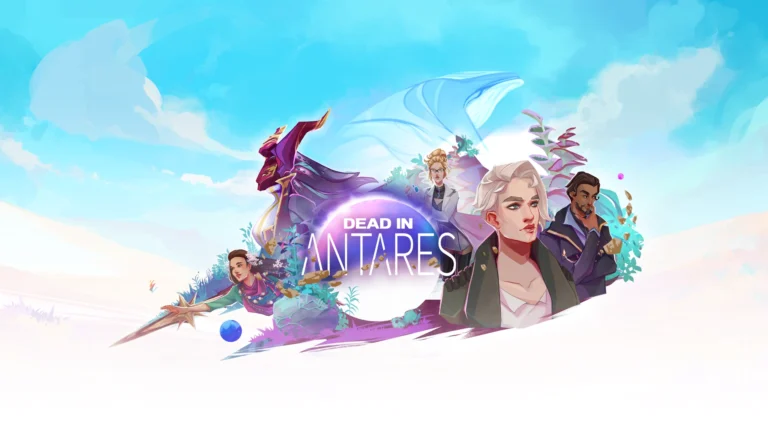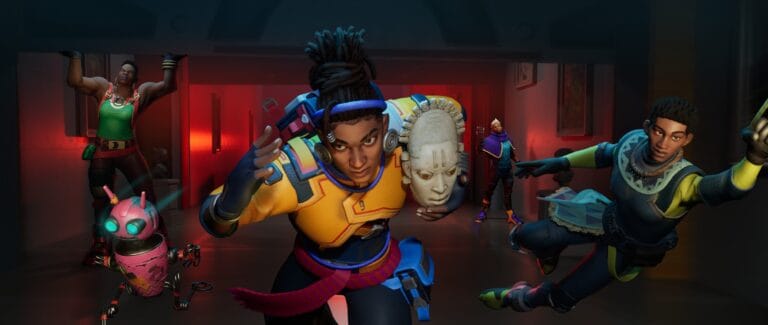When it comes to video game remakes, the line between honoring a classic and clinging to its flaws is razor-thin. Montezuma’s Revenge: The 40th Anniversary Edition walks this line with the grace of a platforming protagonist who’s just missed a jump and plummeted to their doom—which, as it turns out, happens a lot in this game. Released to celebrate four decades since the original 1984 title, this remake aims to reintroduce a pioneering platformer to a new generation while offering a nostalgic trip for retro enthusiasts. But does it succeed, or does it fall victim to its own dated design? Let’s dive into the tomb and find out.
What is Montezuma’s Revenge: The 40th Anniversary Edition About?
Montezuma’s Revenge is a puzzle-platformer that tasks players with exploring a treacherous Aztec pyramid filled with traps, enemies, and treasure. You play as Pedro (or his sister Rosita, in this updated version), a daring adventurer who must navigate labyrinthine levels, collect keys, avoid hazards, and gather totem masks to challenge the titular Montezuma in a boss fight. The game is a love letter to the golden age of gaming, where trial-and-error gameplay and pixel-perfect precision were the norms.
The 40th Anniversary Edition modernizes the visuals with 2.5D graphics, adds a compass to guide players to totem masks, and introduces new features like autosaving and continues. However, it retains many of the original’s quirks, including one-hit deaths, fall damage, and a punishing difficulty curve. For better or worse, this is a game that refuses to let go of its 1984 roots.
Story: A Lighthearted Adventure with Minimal Narrative
Let’s be honest: Montezuma’s Revenge was never about the story. The premise is simple—you’re an adventurer raiding a pyramid for treasure—and the remake doesn’t expand much on this. Montezuma himself serves as a recurring antagonist, taunting you with Spanish one-liners every time you enter a new room. While the voice acting adds a layer of personality, it quickly becomes grating, especially when you’re backtracking and hear the same lines repeated ad nauseam.
The game’s charm lies in its simplicity. There’s no deep lore or emotional stakes here—just you, a pyramid, and a whole lot of danger. For fans of the original, this will feel familiar and comforting. For newcomers, it might come off as underwhelming in an era where even indie games often deliver rich narratives.
Gameplay: A Double-Edged Sword of Nostalgia and Frustration
The gameplay of Montezuma’s Revenge is where the remake shines—and stumbles. At its core, this is a faithful recreation of the original, complete with its labyrinthine level design, key-hunting mechanics, and punishing difficulty. You’ll explore multi-screen rooms, dodge enemies like snakes and spiders, and collect items like swords and torches to aid your journey. The addition of a compass is a welcome quality-of-life improvement, guiding players to the totem masks needed to progress.

However, the game’s adherence to its 1984 roots is both its greatest strength and its most glaring weakness. Let’s break it down:
The Good
- Faithful to the Original: If you loved the 1984 version, you’ll appreciate how closely this remake sticks to the source material. The level layouts, enemy placements, and traps are all recreated with care.
- Challenging Platforming: For fans of old-school difficulty, the precision jumps and instant-death traps provide a satisfying (if frustrating) challenge.
- Boss Fights: The addition of boss battles against Montezuma is a fun twist, though they can feel repetitive over time.
The Bad
- Fall Damage: In a 2D platformer, fall damage feels like an unnecessary punishment. Even small drops can cost you a life, which feels more tedious than challenging.
- Clunky Controls: While the controls are serviceable, they lack the polish of modern platformers. Jumping feels stiff, and the physics can be unforgiving.
- One-Hit Deaths: This was a staple of 1980s gaming, but in 2025, it feels outdated. Combined with the game’s trial-and-error design, it can lead to frustration rather than fun.
- Confusing Level Design: The lack of a map and the repetitive room layouts can make navigation a chore, especially for newcomers.
Comparisons to modern indie platformers like Celeste or Hollow Knight are inevitable, and Montezuma’s Revenge doesn’t fare well in these comparisons. While it’s unfair to expect a 40-year-old game to match the depth and polish of contemporary titles, the remake’s refusal to modernize its core mechanics feels like a missed opportunity.
Who is it For?
Montezuma’s Revenge: The 40th Anniversary Edition is a game with a very specific audience in mind. If you’re a fan of the original or have a soft spot for retro platformers, this remake will likely scratch that nostalgic itch. It’s a love letter to a bygone era of gaming, warts and all.
However, for modern gamers accustomed to smoother controls, forgiving mechanics, and polished design, this game might feel like a relic best left in the past. The 20pricetag(or20pricetag(or40 for the Deluxe Edition) is a tough sell, especially when compared to more affordable and innovative indie titles.
Final Verdict: A Flawed but Faithful Tribute
Montezuma’s Revenge: The 40th Anniversary Edition is a game caught between two worlds. On one hand, it’s a loving tribute to a classic that helped pave the way for modern platformers and Metroidvanias. On the other, it’s a reminder of how far gaming has come—and why some mechanics are better left in the past.
For die-hard fans of the original, this remake is worth picking up on sale. It’s a chance to revisit a beloved title with a fresh coat of paint and a few modern conveniences. But for everyone else, it’s hard to recommend. The game’s dated design and lack of meaningful updates make it a tough sell in a market filled with more polished and innovative platformers.
In the end, Montezuma’s Revenge: The 40th Anniversary Edition is a flawed but faithful tribute to a gaming pioneer. It’s a reminder of where we’ve been—and why we’ve moved on.
[This review is based on a press build of the game provided by the publisher. The Game has been reviewed on PC Platform]




